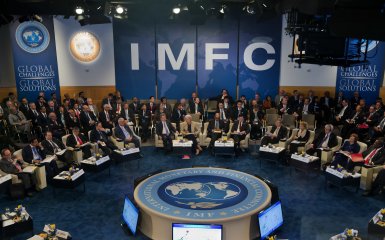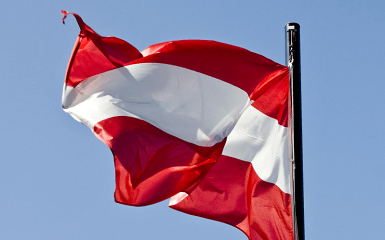
Read in English
European chemical producers face renewed challenges: U.S. import tariffs are disrupting global trade dynamics, prompting clients to delay purchases and dampening demand in a sector still recovering from the 2022 energy crisis.
Key points:
- European chemical manufacturers grapple with obstacles due to U.S. import duties destabilizing markets and reducing demand.
- Trump-era tariffs on EU goods amplify strain on the chemical industry, already weakened by energy shortages and sluggish demand in critical sectors.
- Global automakers and European chemical firms report significant losses amid trade conflicts and U.S. tariff policies.
Trump’s Tariffs Pose Risks to Europe’s Chemical Sector
The chemical industry—ranked fourth in EU exports after machinery, automotive, and pharmaceuticals—has endured years of elevated production costs following sharp spikes in gas and electricity prices after Russia’s invasion of Ukraine.
Sluggish demand in pivotal industries forced some companies to shut facilities and reduce workforce. Now, additional U.S. tariffs of at least 15% on EU goods are impacting core clients in automotive, machinery, and consumer manufacturing sectors.
Global car manufacturers have already recorded billions in losses linked to President Donald Trump’s trade disputes.
According to LSEG data, earnings for European chemical firms in Q3 are projected to drop 5% after a 22% decline in Q2.
“Post-energy crisis, we anticipated a gradual recovery in European chemical sector volumes and margins,” noted Metzler Research analyst Thomas Schulte-Forwick. “But tariffs, pricing pressures, and fierce Asian competition form a toxic combination.”
Major players—including BASF, Brenntag, and Lanxess—remain partially shielded due to strong U.S. operations, yet even they face cautious client behavior. Buyers are postponing procurement: previously planning 3-4 months ahead, orders now cover only weeks. BASF revised its annual forecast downward in July.
The European Union aimed to accelerate legislation by August 27 to eliminate all U.S. industrial tariffs—a precondition set by President Donald Trump before the U.S. reduces duties on EU automotive exports.




